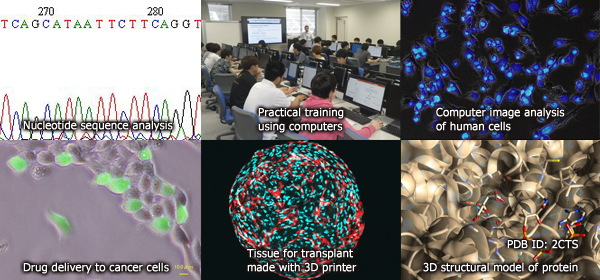Introduction
Outline
The School of Biological Science and Technology in the College of Science and Technology is a new school dedicated to the learning of theory and applications of natural life forms and life phenomena. It consists of two science courses (Course in Biosystems and Course in Aquatic Biology and Environmental Science), which aim to unlock the secrets of life, and one engineering course (Bioengineering Course), which attempts to create bio-based products and technology that improve human life. At first, all of this school’s students study the fundamental knowledge and technology of both science and engineering. Then, they learn about highly specialized knowledge and technology in detail, after choosing one of the three courses. The curriculum of this school emphasizes professional education based on extensive experiments and exercises for cultivating independent, creative, and collaborative minds. In addition, through the teaching of academic presentation, the school is expected to produce creative scientists, engineers, and educators who can pursue the essence of life and apply it to the realization of an affluent human society. Course in Biosystems involves biological research carried out from various aspects, and provides a broad education in fundamental fields of biology ranging from molecules and cells to individual organisms and ecosystems. Course in Aquatic Biology and Environmental Science provides a broad education for applying knowledge of marine organisms, biological resources, and environmental science to the technology required by society. Course in Bioengineering produces engineers who have a wide knowledge of bioengineering and are highly skilled at solving problems.
Our Principles and Goals
By offering a series of biology-related courses, the School of Biological Science and Technology aims to make revolutionary progress in research and practical applications with regard to living things, and to produce researchers who will be capable of building a new society in the near future. This is achieved through three courses; Course in Biosystems tackles systematic study of each and every phenomenon of life, Course in Aquatic Biology and Environmental Science focuses on preservation and farming of fish and other marine organisms, and Course in Bioengineering deals with industrial applications and technology development with regard to various organisms such as effective microorganisms. Furthermore, lecture classes in biostatistics and bioinformatics are designed to be taken by all students, so that they can learn how to analyze large amounts of data in biology. Finally, our school produces experts in biological science and technology who have both “pursuit of truth’’ and “better human life” as values.
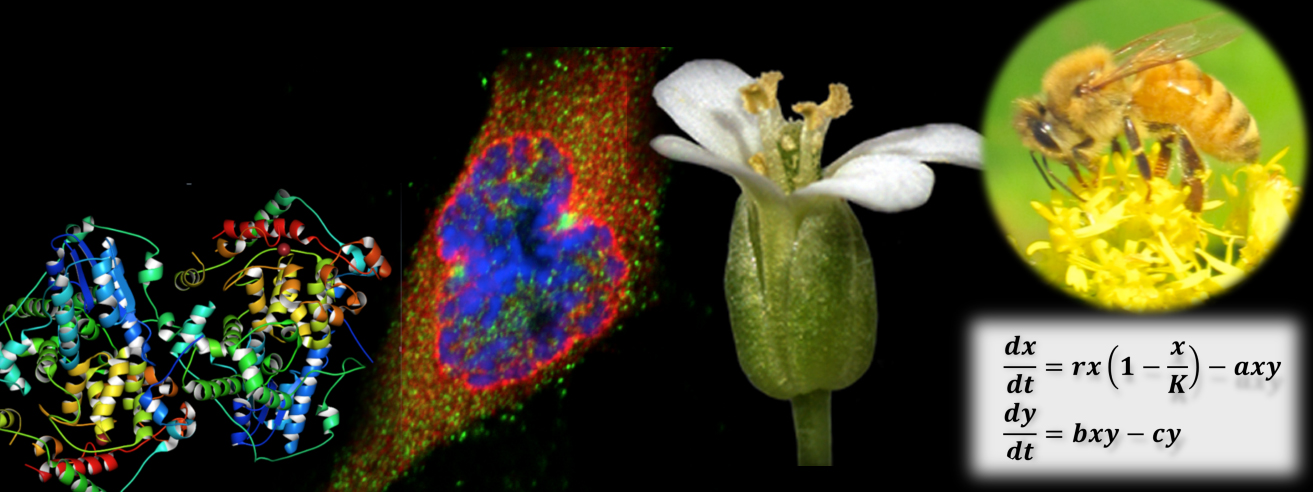
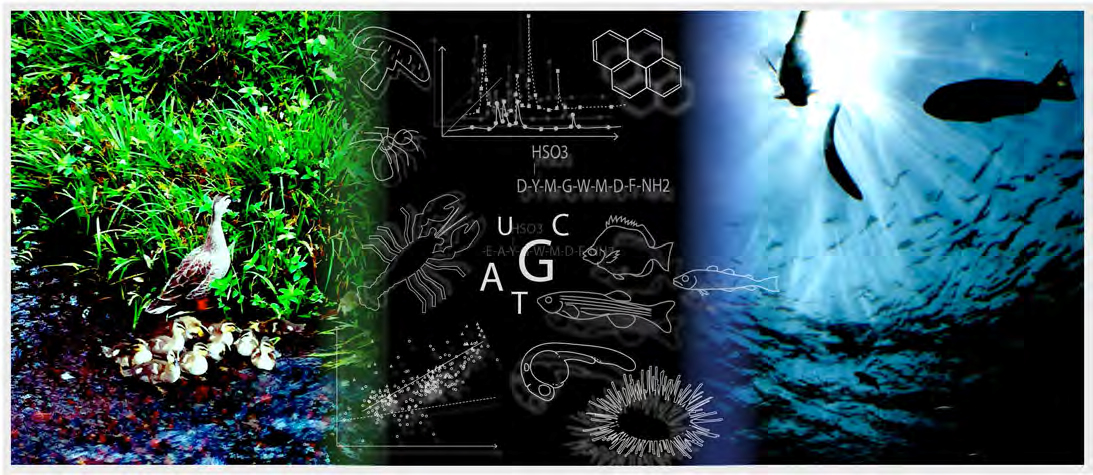
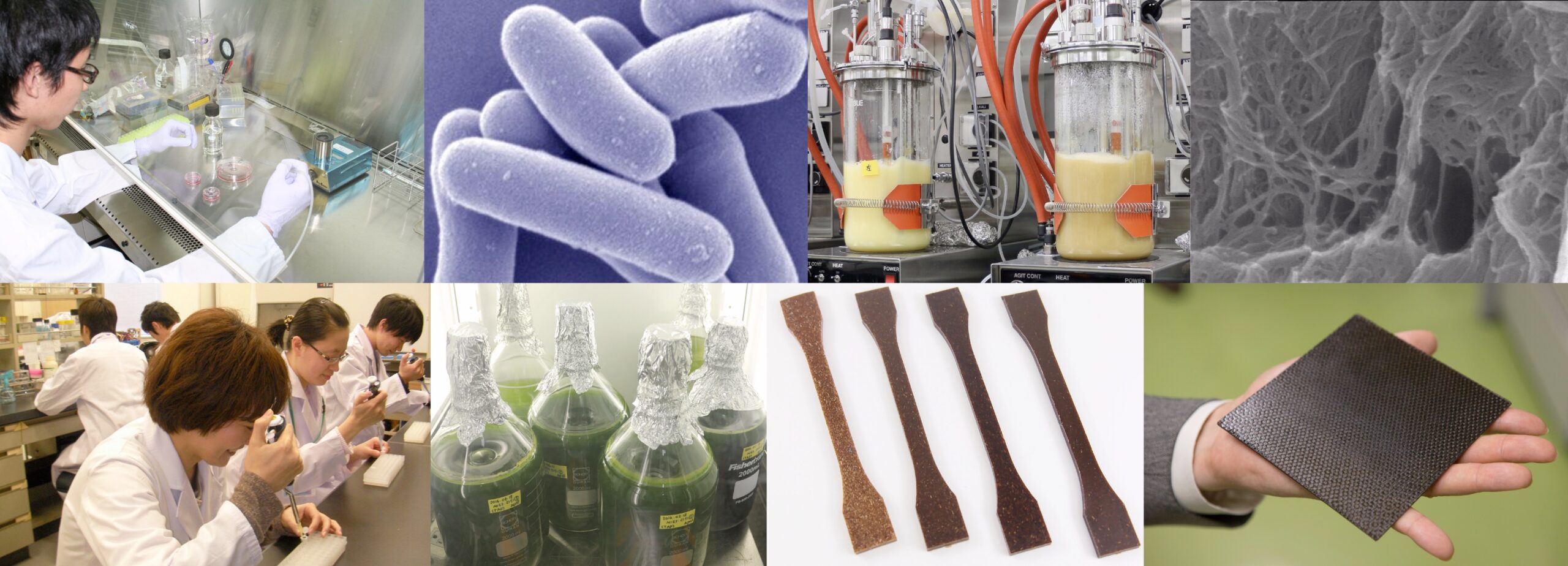
Course in Biological Science
Investigation of topics ranging from biomolecules to biological society, and deepening of an integrated understanding of biological systems
By considering a wide range of topics from biomolecules to biological society in this course, students realize that life is an integrated system. They acquire the skills for precise observation, sharp insight, and sophisticated logical thinking through many experimental and practical training classes. While dealing directly with animals, plants, their cells, and their constituent biomolecules in practical training that allows students to experience the profound attractiveness of life science, we try to clarify the essential principles hidden in biological phenomena and the dynamics that created biodiversity. We produce research, engineering, and educational experts who will make the best use of these achievements for the benefit of society.
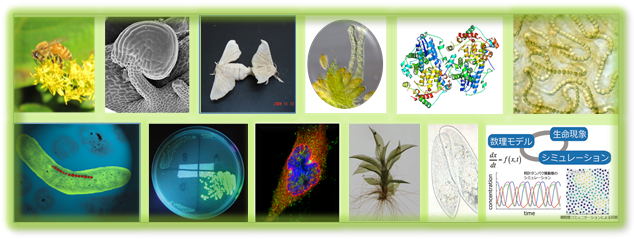
Exploration of the working principles of biological systems and gaining of an appreciation of bioethics
Modern life sciences make it extremely easy to acquire genome information from any biological organism, and even allow genetic manipulation of the genome at will. In addition, combining these achievements with the most-advanced informatics capable of dealing with large amounts of data is leading us into the era of the highest capability of genetic tools in history, and we will be able to apply these technologies to humans in the near future. In other words, without a correct understanding of life sciences, our lives in modern society will never be established. In this course, students learn about the workings of life systems at the molecular, cellular, and individual levels. Simultaneously, we try to produce experts who can honestly discuss and objectively review bioethical problems associated with clone organisms, as well as genomic, reproductive and regenerative medicines.

Course in Aquatic Biology and Environmental Science
Lessons from the ocean and land biosphere
Many forms of life are nurtured and sustained in the ocean and the interconnecting land and hydrosphere that cover most of the earth’s surface. In Course in Aquatic Biology and Environmental Science, a variety of interesting phenomena and unsolved questions related to our biosphere can be educational resources. We provide opportunities for students to acquire fundamental knowledge in the broad field of biology ranging from the molecular to the ecosystem levels. Our curriculum includes a number of specialized lectures, laboratory classes, and fieldwork (including molecular and cellular biology, developmental biology, marine biology/physiology, resource biology, conservation biology, and ecology); it enables students to develop a broad, professional perspective, and to acquire the evaluation methodologies and analytical skills to tackle life- and environment-related issues of the present and future.
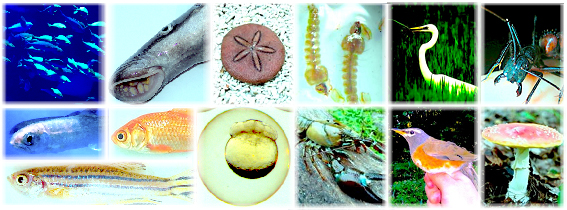
Preparation for addressing and solving issues faced in life and environmental sciences
Our society is currently faced with various issues related to human health, food resources, and environmental conservation. This course provides unique programs for both laboratory training and field investigation, in which students can experience real life forms and natural ecosystems. Through this practical learning course, students will develop their abilities to observe, comprehend, and control life- and environment-related issues based on a multilateral perspective at the molecular, cellular, individual, group, and ecosystem levels. After being assigned a research laboratory, students will further develop their knowledge, skills, and biological literacy from a broad scientific perspective, and apply these to specific research activities. The aim of this course is to provide society with well-educated and self-motivated individuals capable of resolving a variety of issues in the life and environmental sciences.
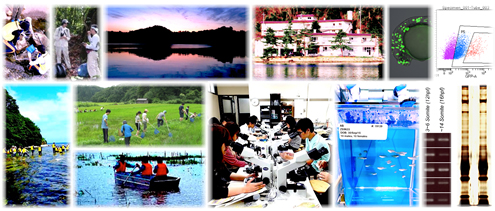
Course in Bioengineering
Production of useful material using biotechnology
Course in Bioengineering takes an engineering approach to the molecular function and structure of living organisms, and aims to produce students who can contribute and be active in a wide range of technology fields for the benefit of human life. The curriculum is designed for the students to acquire scientific knowledge, problem-finding skills and logical problem-solving skills through subjects and experiments related to biotechnology and chemical processes.

Development of the field of life science using information technology
In recent years, many kinds of biological information, including information about human genome sequencing, have been discovered. By making full use of computers, it is possible to understand a huge number of complicated biological phenomena and interactions among living organisms, and this understanding leads to useful discoveries in the areas of food, the environment, and medicine. Thus, this course aims to produce engineers and researchers who will be able to introduce new perspectives that are different from biological perspectives into life science, through subjects related to molecular biology, gene engineering and information processing, and practical training using computers.
